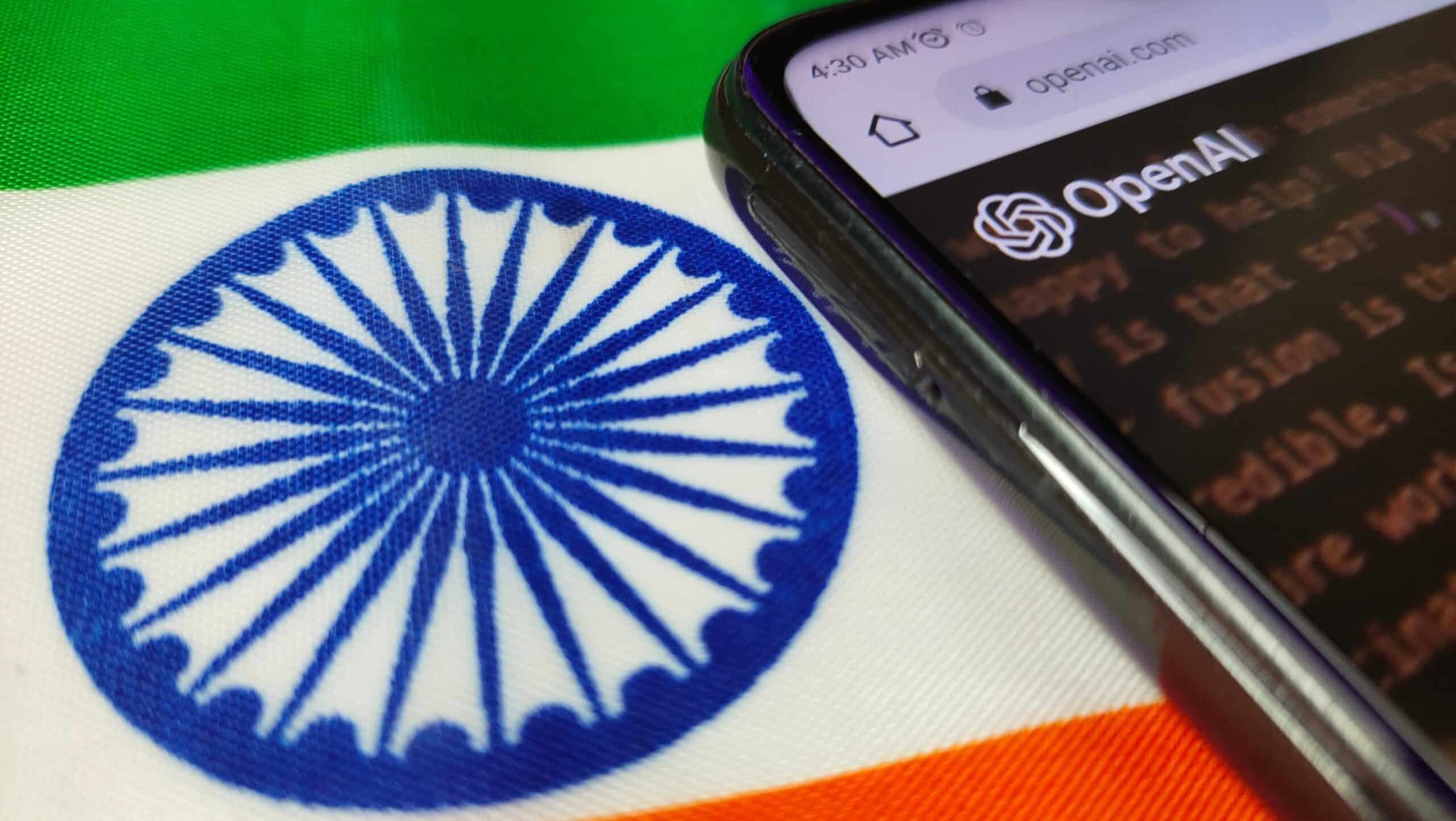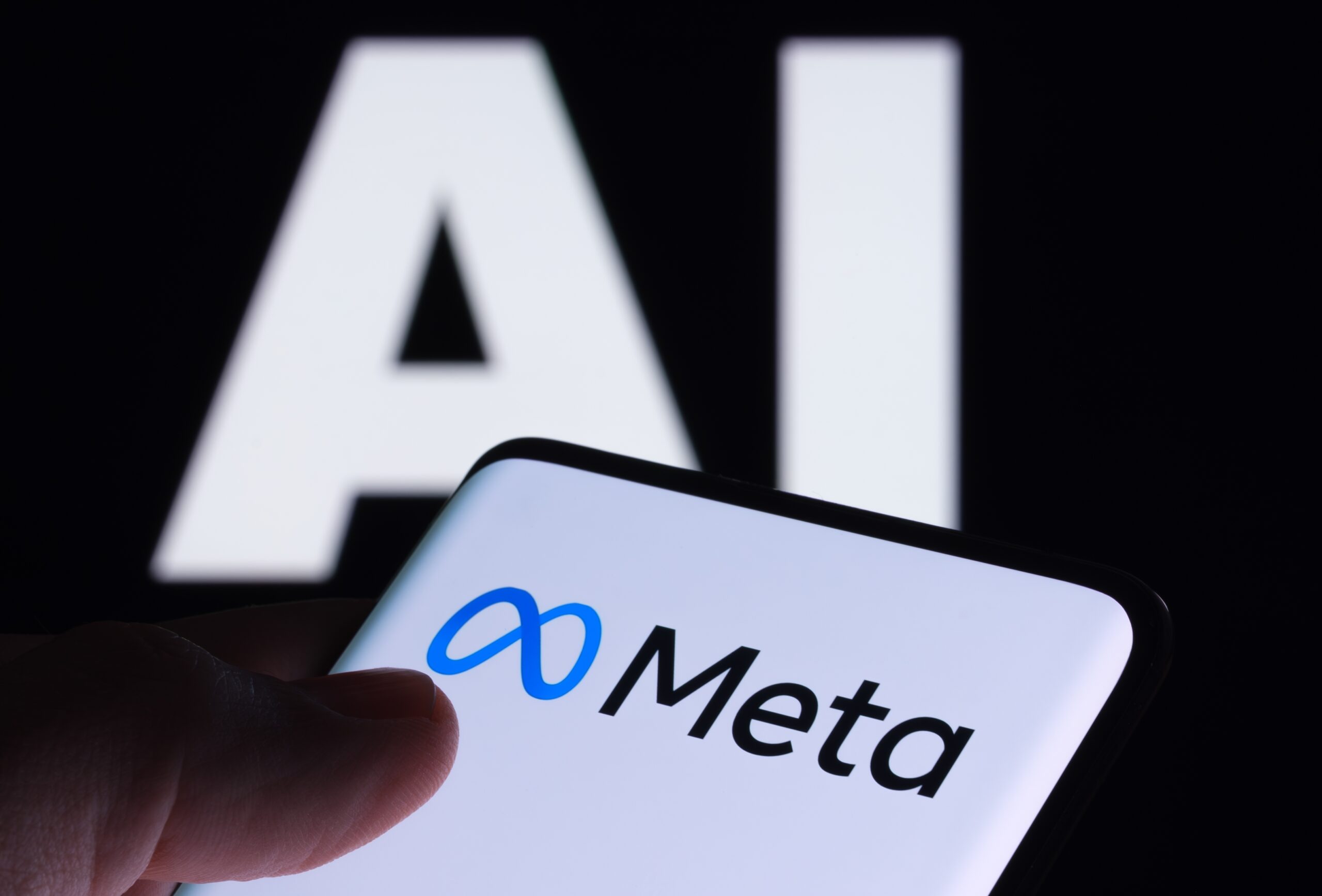Sony Warns Over 700 AI Firms Against Misuse of Music for AI Systems

Key Insights:
- Sony demands AI developers cease using its music for training, emphasizing artists’ rights and compensation.
- Streaming services are urged to update terms, banning data mining of Sony’s music without consent.
- Legal battles highlight the creative industry’s push to protect intellectual property against unauthorized AI use.
Sony Music has issued a stern warning to over 700 AI developers and music streaming companies, including industry giants such as OpenAI, Microsoft, Google, Spotify, and Apple Music. The letter, which surfaced on May 16, outlines Sony’s prohibition against using its copyrighted content for training, developing, or commercializing AI systems.
In the letter, Sony explicitly states that it prohibits the use of its music for any AI-related purposes without proper authorization. This includes the use of automated analytical techniques aimed at analyzing text and data in digital form to generate information, such as patterns, trends, and correlations. Sony’s position is clear: the unauthorized use of its content for AI development deprives the company and its artists of control and appropriate compensation.
Sony represents some of the biggest names in the music industry, including Beyoncé, Adele, and Harry Styles. The company has expressed concern that large amounts of its music may already have been misappropriated for AI training. As a result, Sony is demanding that the implicated companies provide detailed information about all the content used to train their AI models by the following week.
Call for Best Practices and Updated Terms of Service
Sony’s letter not only warns against the misuse of its content but also calls on companies to adopt “best practices” to protect artists and songwriters. The company is urging streaming services to update their terms of service to emphasize the prohibition of data mining and AI training on its content. Sony emphasizes the need for consent when using its music for such purposes, reflecting a broader concern within the creative industries about the unauthorized use of copyrighted material.
The letter mentions that Sony and the artists it represents recognize the potential advancements of artificial intelligence. However, they stress that this potential must not come at the expense of artists’ rights and compensation. Sony’s proactive stance aims to ensure that AI development does not undermine the value of their creative work.
Broader Industry Concerns and Legal Actions
Sony’s actions are part of a broader trend within the music industry and other creative sectors to protect intellectual property from unauthorized AI use. Writers, actors, and other creatives who regularly publish work have also taken legal action against major AI developers. These groups argue that AI companies are using their content without permission, which constitutes copyright infringement.
Notable authors such as Michael Chabon, Ta-Nehisi Coates, and Sarah Silverman have filed lawsuits against OpenAI, alleging that the company has used their copyrighted work to train its AI systems without authorization. These lawsuits reflect growing concerns about the implications of AI training on the creative industries and the need for clear legal guidelines to protect intellectual property rights.
AI Companies’ Defense and Legal Precedents
AI companies, including OpenAI and Meta, argue that their use of copyrighted content for training purposes falls under the fair use doctrine. They cite legal precedents, such as the Authors Guild vs. Google case in 2015, where Google’s book copying for search purposes was deemed fair use. These companies claim that their AI training is transformative and benefits society, thereby justifying their use of copyrighted material.
Despite these arguments, the creative industries remain vigilant in protecting their rights. The Authors Guild, representing writers like George R.R. Martin and Jodi Picoult, has joined a class-action lawsuit against OpenAI, alleging misuse of copyrighted material. The New York Times also filed complaints, seeking to defend its original journalism against unauthorized AI use.
Editorial credit: Sundry Photography / Shutterstock.com
DISCLAIMER: It's essential to understand that the articles on this site are not meant to serve as, nor should it be construed as, advice in legal, tax, investment, financial, or any other professional context. You should only invest an amount that you are prepared to lose, and it's advisable to consult with an independent financial expert if you're uncertain. To obtain more information, kindly examine the terms of service and the assistance and support resources made available by the issuing or advertising entity. Our website is committed to delivering accurate and unbiased news, yet it's important to note that market conditions may change rapidly. Also, be aware that some (but not all) articles on our site are compensated or sponsored.








